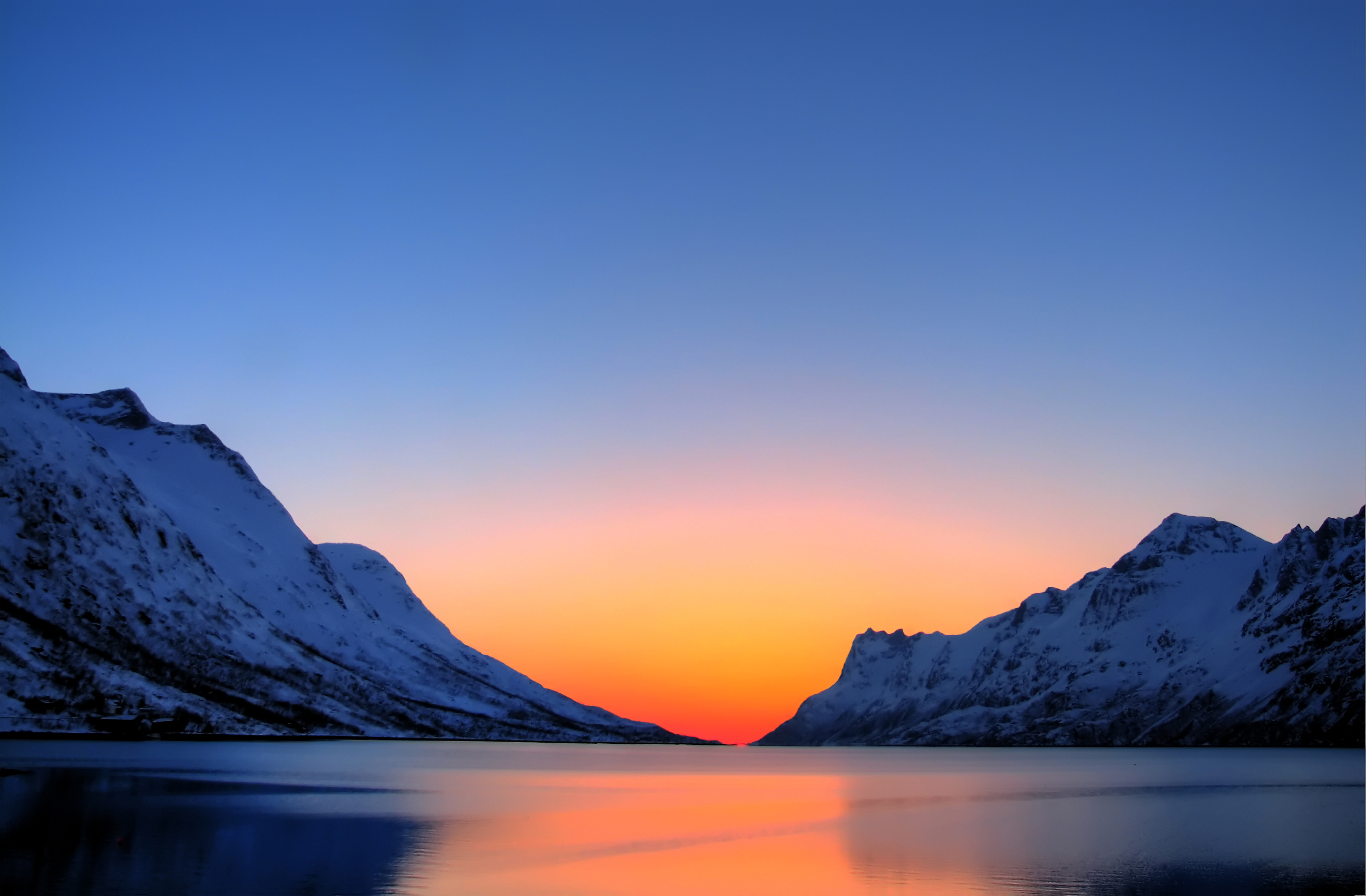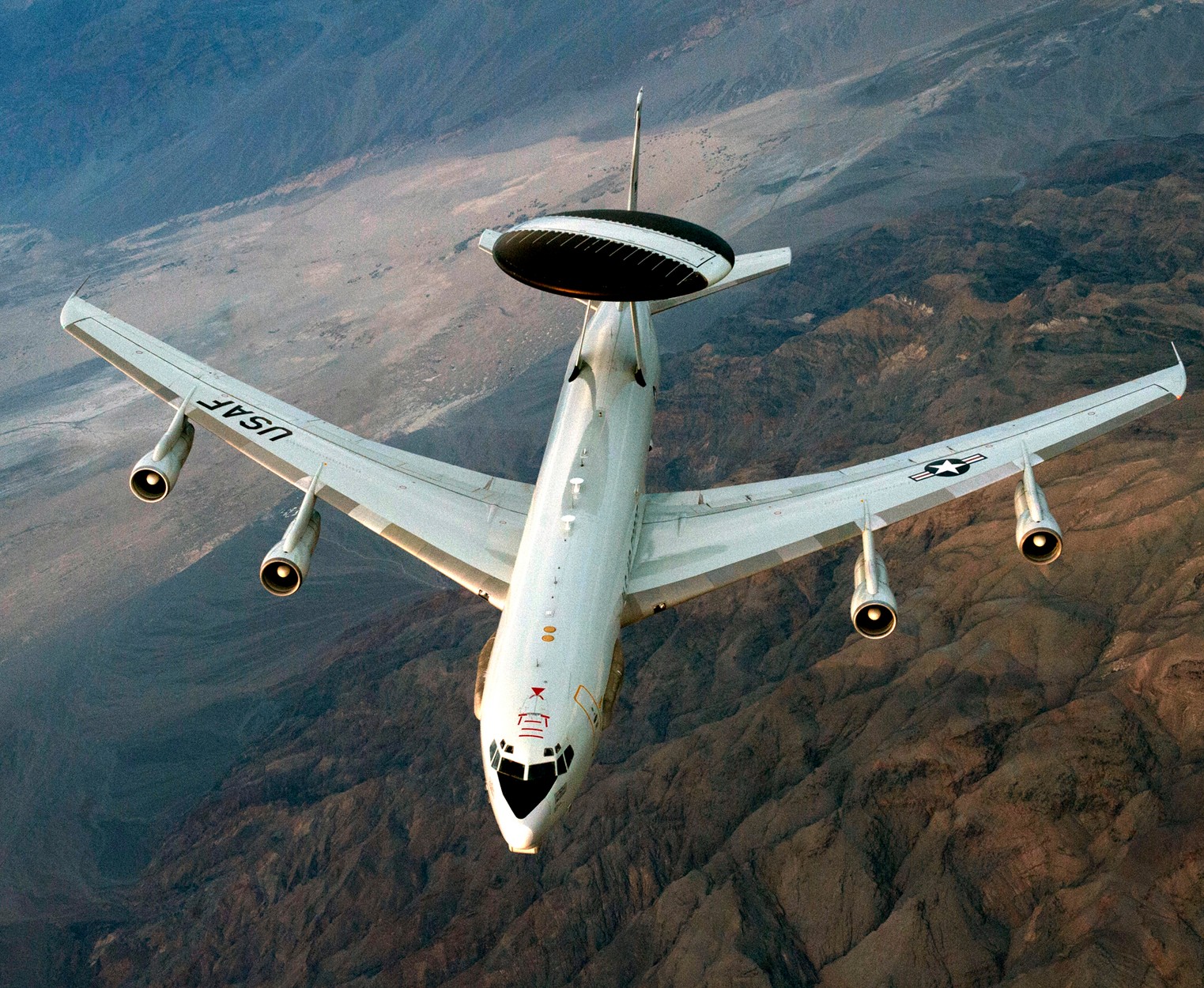The Arctic is a region where the Canadian, Russian and Danish governments are making it a priority to lay claim to large swathes of territory. It is believed that up to one quarter of the world’s undiscovered energy resources lie beneath the Arctic seabed. However, these resources exist in a harsh environment where the technology to extract them efficiently does not currently exist. This leaves the question of whether the potential benefits of controlling these resources are actually worth the effort the Canadian government is putting in to claim them. The development of these resources might be a golden opportunity for Canada, but from all appearances it could very well be a costly and unrealizable dream.
The Arctic is one of the coldest and harshest regions in the world, so any attempt to mine for resources would face significant obstacles. There is extreme cold with temperatures going down to -50 degrees Celsius, as well as long distances through inhospitable waters to transport energy to land, and almost total  darkness during the winter. Most of all, there is the problem of the sea ice. For most of the year, Arctic sea ice floats through the ocean creating a deadly threat to any ships operating in the region. This also poses a risk to any infrastructure, such as drilling platforms, offshore oil rigs and pipelines. In such a scenario, environmental risks are also created. If an oil rig or drilling rig were to be hit by floating sea ice there could be the risk of an oil spill. To counter these threats, any infrastructure would have to be especially strengthened which would greatly increase costs for a company operating in the region.
darkness during the winter. Most of all, there is the problem of the sea ice. For most of the year, Arctic sea ice floats through the ocean creating a deadly threat to any ships operating in the region. This also poses a risk to any infrastructure, such as drilling platforms, offshore oil rigs and pipelines. In such a scenario, environmental risks are also created. If an oil rig or drilling rig were to be hit by floating sea ice there could be the risk of an oil spill. To counter these threats, any infrastructure would have to be especially strengthened which would greatly increase costs for a company operating in the region.
An example of the efforts necessary to cope with Arctic ice conditions is Canada’s Hibernia project. Hibernia is located 3,000 km south of the Arctic Circle in shallow water with a depth of just 80 metres. However, even in these more mild conditions where the level of risk posed by sea ice is much lower, the measures that have had to be taken to protect these facilities are costly. The rig has been constructed so that it has a concrete ice belt 15 metres thick and an external ice wall 1.5 metres thick with teeth to absorb the impact of icebergs. Beyond this, Hibernia is protected by a network of surveillance and weather forecasting systems, with ships prepared to steer away smaller icebergs. In the areas where much of the Arctic’s energy resources are believed to be, temperatures would be much colder, with larger icebergs, and ocean depths up to 500 metres, requiring technologies that do not yet exist and that would be extremely expensive to develop and implement.
The question remains though as to whether this will prohibit exploiting Arctic resources.With climate change, the sea ice is melting, which will likely open up parts of the Arctic Ocean for much of the year. However, even in those parts of the Arctic, for much of the year, sea ice will still impede operations, requiring that extra measures be taken or that any drilling operations be shut down, reducing potential profits. In addition, climate change is also creating more risks for Arctic drilling operations by increasing the frequency and severity of storms in the Arctic Ocean, as open water allows violent storms to generate strength. Engineers will also have to strengthen structures to withstand these storms.
For the exploitation of Arctic resources to be economical, not only will new technologies have to be developed, but also oil and natural gas prices will have to rise, it is estimated to more than $100 per barrel for this exploitation to be profitable.This is probably a low estimate for even with oil prices above this price, Shell has faced financial losses drilling near the coast of Alaska, where conditions are much milder than in the Arctic Circle, where costs of operations will likely be much higher, requiring oil prices to remain extremely high to make drilling profitable.
While it is likely that oil prices will rise over the coming years as oil supplies decrease and oil companies increasingly look for reservoirs in remote locations, this is not certain. Instead of relying on oil, consumers might turn to other, more economical options. One such option is natural gas. As large natural gas supplies exist in the Arctic, investing in control of Arctic resources would still be worthwhile for Arctic nations. Nonetheless, as fossil fuel prices are on the rise, renewable energy prices are continually decreasing. Especially the cost of solar energy has decreased rapidly in recent years. If this trend continues, by the time the technology required to exploit Arctic oil is developed and climate change opens up the region, oil might not be in as high demand as it is today.
It is unknown whether the resources in the Arctic Ocean will prove to be valuable. Current efforts to lay claim to the Arctic may not be justifiable based on the potential benefits to be provided by these resources alone. However, for Canada other potential benefits of laying claim to the Arctic, such as maintaining sovereignty, being able toregulate environmental standards, and ensuring military security, may well make the efforts worthwhile. This is a reality that the Canadian government should take into account when developing its Arctic policies.




